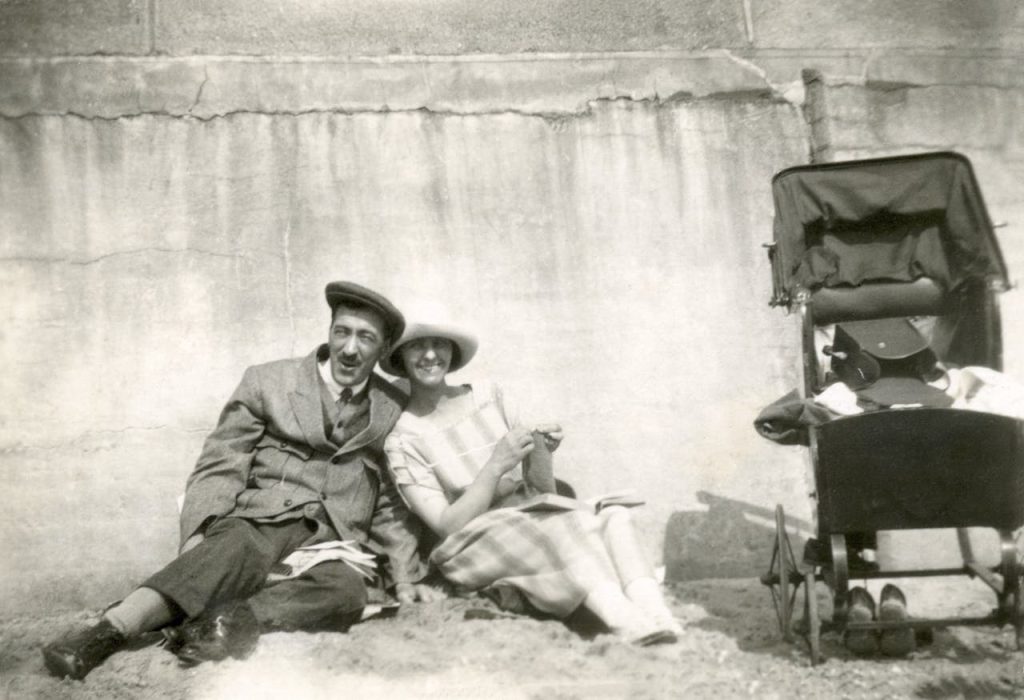
Family heirlooms used to be a source of pride. Now, they’re often a source of conflict—even for wealthy families. You might think that having money would make these fights less common. But the opposite is true. More families with significant assets are arguing over who gets what, and the reasons go beyond simple greed. These disputes can tear families apart, create lasting resentment, and even end up in court. If you think your family is immune, think again. Here’s why even wealthy families are now fighting over heirlooms, and what you can do to avoid the same fate.
1. Heirlooms Carry Emotional Value, Not Just Price Tags
Money can buy a lot, but it can’t buy memories. Heirlooms often represent family history, childhood moments, or a connection to loved ones who have passed away. For many, a grandmother’s ring or a father’s watch means more than any check. When it’s time to divide these items, emotions run high. People may feel that their relationship with the person who owned the item gives them a stronger claim. This emotional attachment can lead to arguments, even when everyone involved is financially comfortable. The value isn’t in the object itself, but in what it represents.
2. Wealth Doesn’t Eliminate Sibling Rivalry
Sibling rivalry doesn’t disappear with age or money. In fact, it can get worse. Old wounds resurface when it’s time to divide family treasures. One sibling might feel overlooked, while another believes they deserve more because they were closer to the parent. These feelings can turn a simple conversation into a heated debate. Even if the estate is large, the fight over a single painting or piece of jewelry can become the main event. The real issue isn’t the item—it’s the history between the people involved.
3. Unclear Wills and Vague Instructions Cause Confusion
Many wealthy families assume their estate plans are clear. But wills often leave room for interpretation. If a will says, “divide personal property equally,” what does that mean for a set of china or a family portrait? Without specific instructions, family members are left to negotiate. This can lead to misunderstandings, accusations of favoritism, and even legal battles. Clear, detailed instructions can help, but many families skip this step, thinking money will solve any problems. It rarely does.
4. Heirlooms Can Be Worth More Than You Think
Some heirlooms have significant financial value. Art, antiques, and jewelry can be worth thousands—or even millions—of dollars. When money is involved, people pay closer attention. Disagreements over appraisals, authenticity, or who should get what can quickly escalate. Even if the family is wealthy, no one wants to feel shortchanged. Sometimes, the fight isn’t about the item itself, but about fairness and respect.
5. Blended Families Add Complexity
Modern families are often blended. Stepchildren, half-siblings, and second spouses can complicate the process. Each person may have a different view of what’s fair. A stepchild might want a keepsake that belonged to their stepparent, while a biological child feels it should stay in the bloodline. These situations can create tension, especially if the will doesn’t address blended family dynamics. The more people involved, the more likely it is that someone will feel left out or wronged.
6. Social Status and Legacy Matter
For some, heirlooms are about more than personal memories—they’re about status. A family name engraved on a watch or a painting that’s been in the family for generations can be a symbol of legacy. Wealthy families often care deeply about how these items are passed down. Disputes can arise when one person wants to sell an heirloom, while another wants to keep it in the family. The desire to protect a family’s reputation or legacy can make these fights even more intense.
7. Legal Battles Are Expensive and Public
When families can’t agree, they sometimes end up in court. Legal battles over heirlooms can be costly, time-consuming, and public. Even wealthy families can see their fortunes drained by legal fees. Worse, these disputes can become public record, exposing private family matters. The emotional toll can be even greater than the financial one.
8. Planning Ahead Can Prevent Fights
The best way to avoid these conflicts is to plan ahead. Talk openly with your family about heirlooms and what they mean to each person. Write clear instructions in your will. Consider using a third party, like a mediator or estate planner, to help with tough conversations. Don’t assume that money will make everything easier. Address emotional attachments and family dynamics before they become problems. A little planning now can save a lot of heartache later.
Heirlooms: More Than Just Things
Heirlooms are more than objects. They’re symbols of family, memory, and identity. That’s why even wealthy families are now fighting over heirlooms. The fights aren’t really about money—they’re about what these items mean to the people left behind. If you want to protect your family, start the conversation now. Don’t wait until it’s too late.
Have you seen or experienced a family fight over heirlooms? Share your story or thoughts in the comments.
Read More
10 Things Rich Families Do After a Death That Others Can’t Afford
7 Weird Things That Happen to Your Body—and Bank Account—After Death
The post Why Even Wealthy Families Are Now Fighting Over Heirlooms appeared first on The Free Financial Advisor.







